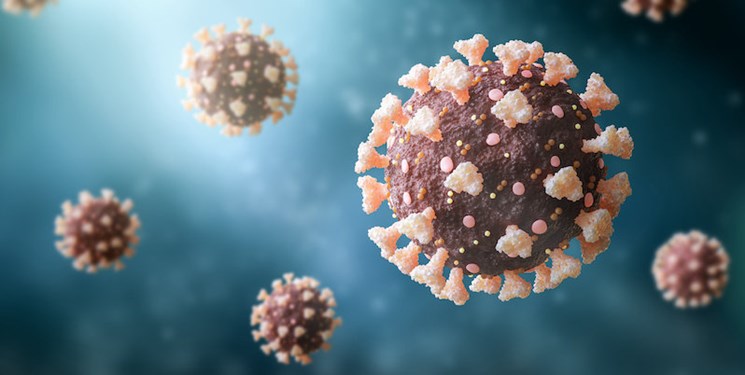
- Frequently Asked Questions About Quid 19
- Do the radiography department and laboratory provide services around the clock?
- What is the position of Shahid Hasheminejad Hospital in terms of accreditation?
- What paraclinical services are provided in Shahid Hasheminejad Hospital?
- What is the appointment time for inpatient wards?
- What are the necessary documents for hospitalization of international patients?
- In order to have a virtual meeting with their patients, what unit should they go to and what are the days?
- What is it like to make an appointment at the clinic of Shahid Hasheminejad Hospital?
- In case of any problem in the patient's treatment process, which unit should be referred to the hospital?
- Who does follow-up (follow-up of the patient's condition after discharge)?
anwser:
- Answering Frequently Asked Questions About covid 19
- What is the first and most important symptom of coronary heart disease?
The disease is mainly manifested by chills, body aches, sore throats and dry coughs with or without fever. Some patients experience only fever and mild fatigue. Patients in whom the disease is exacerbated. They suffer from respiratory problems and shortness of breath.
- Under what circumstances is the corona at risk of serious injury and death?
Due to the different physical conditions in different people, it can range from the symptoms of a simple cold to severe symptoms and death risk for all people and age groups, but some groups are more at risk, including:
People with immunodeficiency
People undergoing chronic treatment with corticosteroids
People undergoing chemotherapy
People with a history of malignancy, organ transplants
People with heart disease, respiratory disease, high blood pressure and diabetes
children
- Is the severity of the disease different in different people?
No, the severity of the disease varies from person to person. This disease usually occurs as a simple cold and a small percentage of patients become very ill. Although many patients recover and overcome the disease, some People become very ill and may even die due to infection, respiratory problems, etc.
- Is the virus transmitted from mother to fetus?
There is still insufficient evidence of transmission of the virus from mother to fetus during pregnancy or the potential impact of the disease on the infant or toddler. This issue is currently under investigation.
- How is the corona virus diagnosed?
In most patients, sampling may not be necessary, but for some patients, a sample of the suspect's throat or nose is removed and sent to a laboratory. Sometimes a sample of the suspect's sputum or secretions is sent to the laboratory along with a blood sample.
Samples are usually taken from people who have a fever, shortness of breath and cough. This test is performed in two stages, initial diagnosis and confirmation of the diagnosis, as well as testing and examination of blood cells and CT scan of the lungs can be helpful in diagnosing this disease, based on which patients can begin treatment and quarantine.
- How long can the mask be used?
Generally, surgical masks should be replaced after two hours or in case of wetting and N95 mask after eight hours.
- Is there a specific drug to prevent or treat the new coronavirus?
To date, there is no specific drug to prevent or treat the new coronavirus, however, those who are infected with the virus should receive care to reduce or treat the symptoms of the disease, and those with severe disease should take care to reduce Or receive treatment for the symptoms of the disease and patients with severe disease should use optimal supportive care.
- Yes, the radiology laboratory of Shahid Hasheminejad Hospital is ready to provide services to esteemed clients around the clock.
- According to the latest evaluation of Mashhad University of Medical Sciences, Shahid Hasheminejad Hospital has succeeded in gaining the first rank.
- Laboratory, radiology, endoscopy, echocardiography, sonography
- Currently, patients are seen in a limited way. After the normalization of hospital conditions, daily visits are from 2 to 4 p.m.
- Admission of patients is done only with a passport and a valid identification card, along with radiological reports, sonography, CT scan, MRI and previous tests to be presented to the physician to check the history of the disease and the treatment process before attending in Iran.
- In order to establish a virtual connection, the first-degree relatives of the patient, with an identification document in hand, should refer to the patient affairs unit in the main lobby, and after completing the relevant form, they will make an appointment.
Virtual appointments on even days of the week, except holidays, are done from 9 to 12 in the morning, according to the coordination and telephone call of the patient's patients to go online.
- You can make an appointment for the desired doctor online or on the same day by visiting the hospital clinic desk.
- If you have any complaints, raise them with the expert of the hospital's health tourism unit. If necessary, you will be referred to the patient affairs unit.
- Contact the patient after 24 hours to a week for follow-up and registration by a nurse or IPD expert.
